Description
ABSTRACT
Implications of Shale Oil Development and Alternative Sources of Energy in Nigeria’s Economy
Victor Onyenkpa* and Tozaye Balogun*
INTRODUCTION
Since the discovery of oil in Nigeria in the late fifties, the dependence of the country on oil revenue has grown steadily. This dependence has been almost to the exclusion of every other sector. In 2013 for example, oil and gas revenue accounted for about 90% of the country’s foreign exchange earnings and 70% of government revenue. This is in spite of the sector’s contribution of only 14.4% to Nigeria’s Gross Domestic Product (GDP).
With the shale oil boom in the United States and the refusal of OPEC, led by Saudi Arabia, to cut production, there has been a significant drop in oil prices. The attendant impact on the revenue of the country (and the economy in general) has been significant. The 2015 Federal Government budget, for instance, has an estimated deficit of N1.041 trillion naira (N911.96 billion in 2014). This is 23% of the total budgetary expenditure (20% in 2014). In 2015, recurrent expenditure accounts for about 84% of the entire budget (76% in 2014).
This paper examines the implications of shale oil development and alternative energy sources (such as renewables and oil and gas discoveries in other African countries) on the fortunes of Nigeria. It concludes by proffering suggestions for stabilizing the economy and making it less dependent on the vagaries of oil prices.
BACKGROUND TO SHALE OIL
Shale oil is unconventional oil produced by converting the organic matter within the oil shale rock through a heating process known as pyrolysis.1 Commercial production of shale oil dates back to mid nineteenth century in France. At that time, large quantities of shale were mined and heated in specialized ovens called retorts. The industry and technology utilized in France back then, are now considered the pioneer of the modern shale oil industry.
As the shale oil industry was trying to find its footing, the conventional oil industry developed quite rapidly. The high cost of production (when compared to the cost of producing conventional oil) and the environmental impact of extraction led to a decline in global interest in, and development of the shale oil industry. Consequently, it became economically unviable to continue to produce shale oil in commercial quantity.
The oil embargo placed by members of the Organization of Arab Petroleum Exporting Countries in the 1970’s elevated the oil debate to a national security issue. Global interest in shale oil as an alternative to conventional oil, was re-ignited. From then on, significant technological advancements have made it possible to produce shale oil economically and with reduced impact on the environment. For instance, significant technological breakthroughs have been made in the development of the In-Situ Conversion Process2 (ISCP). Now, more than half a million barrels of oil are being produced daily from tar sands in Canada, using the ISCP3
* Partner and Head, Tax, Regulatory and People Services, KPMG Advisory Services
** Senior Consultant, Tax, Regulatory and People Services, KPMG Advisory Services
- Pyrolysis is a form of treatment that chemically decomposes organic materials by heat in the absence of oxygen
- With ISCP, oil is produced by heating the oil shale in the ground. Using this technology, neither excavation nor mining of the oil
shale rock is required, like in the surface retorting process - Source: Israel Energy Initiatives, Technological Developments, 2014

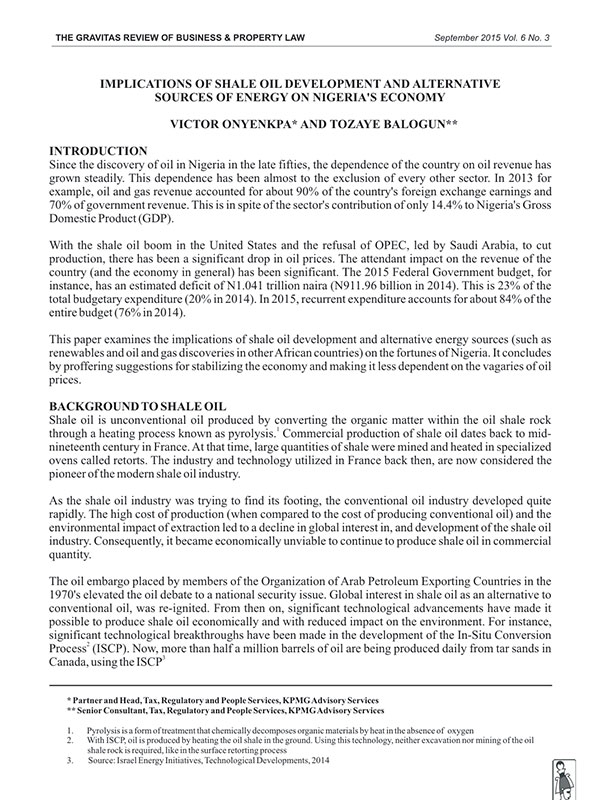
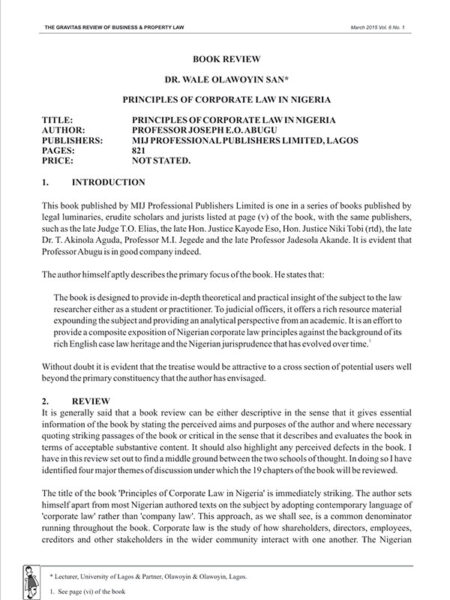
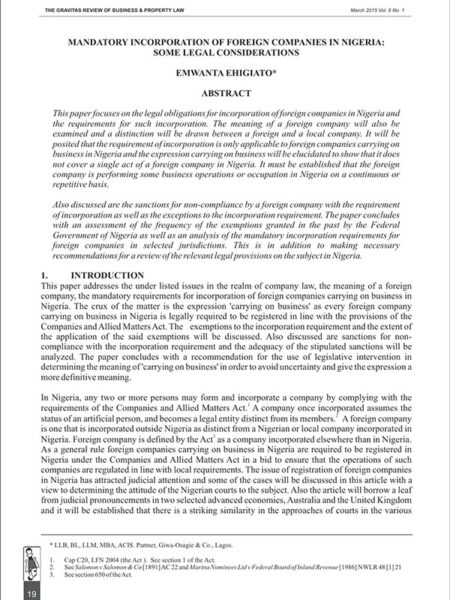
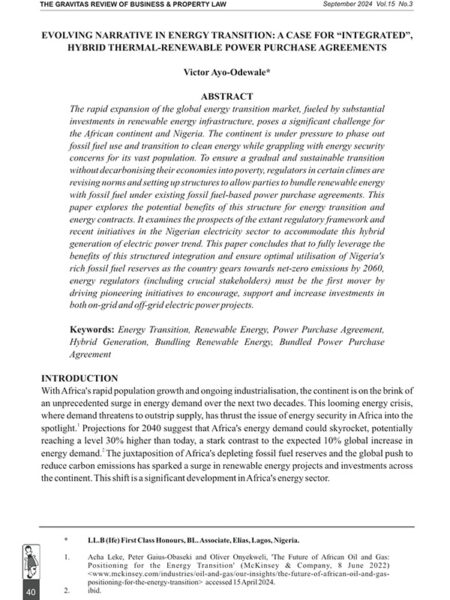



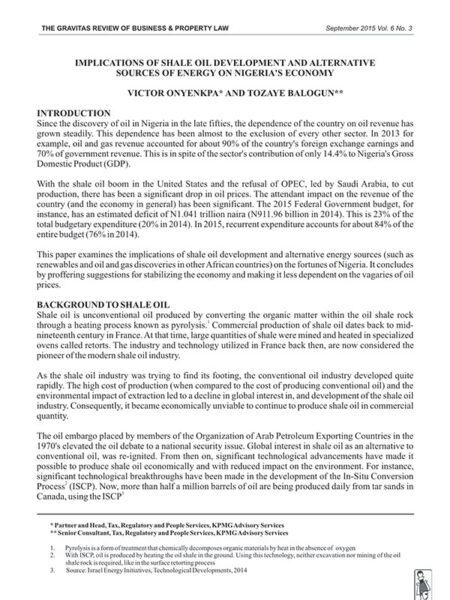
Reviews
There are no reviews yet.